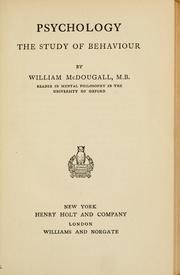
Photo from academic.microsoft.com
Having conversations with new people is an important and rewarding part of social life. Yet conversations can also be intimidating and anxiety provoking, and this makes people wonder and worry… Click to show full abstract
Having conversations with new people is an important and rewarding part of social life. Yet conversations can also be intimidating and anxiety provoking, and this makes people wonder and worry about what their conversation partners really think of them. Are people accurate in their estimates? We found that following interactions, people systematically underestimated how much their conversation partners liked them and enjoyed their company, an illusion we call the liking gap. We observed the liking gap as strangers got acquainted in the laboratory, as first-year college students got to know their dorm mates, and as formerly unacquainted members of the general public got to know each other during a personal development workshop. The liking gap persisted in conversations of varying lengths and even lasted for several months, as college dorm mates developed new relationships. Our studies suggest that after people have conversations, they are liked more than they know.
Journal Title: Psychological Science
Year Published: 2018
Link to full text (if available)
Share on Social Media: Sign Up to like & get
recommendations!